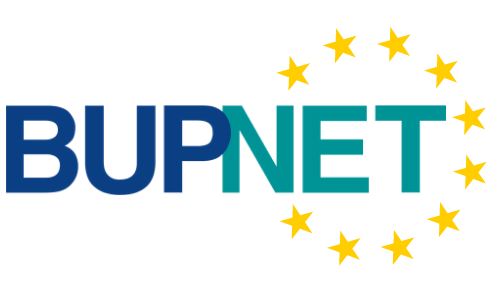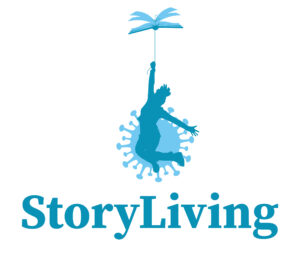Humans are born with an innate ability to create and share stories with others. Storytelling is everywhere, from talking about everyday experiences and events to describing a break-up with our romantic partners. The discipline of ‘narrative psychology’, which emerged in the 1980s, emphasises the value of stories and storytelling in giving meaning to a person’s experiences in a variety of ways, such as shaping their memory of past events, their understanding of events in the here and now, and their representation of future events. The basic idea is that people make sense of their world through narratives that help them develop and organise their life story and personal identity.Not surprisingly, related research shows that these narratives are related to well-being (Adler et al., 2016). For this reason, narrative interventions have been widely used in mental health conditions such as trauma (Schauer et al., 2011) and depression (Seo et al., 2015).
However, unlike narrative, which is often private, storytelling has a profoundly social nature, as the story is shared with a group of people who usually provide a supportive environment. At the same time, storytelling is an emotionally challenging experience because sharing our personal baggage makes us feel exposed and vulnerable. But it is also a process that paves the way for healing and growth. Mental health problems have the potential to disrupt one’s life story and identity, leaving people feeling stuck at a particular point in their life history.Storytelling allows people to repair this order of events by helping the person to make the necessary connections.
There are two main ways in which storytelling can be used in mental health care.The first focuses on recovery and the other on trauma care. The main aim of the recovery approach, inspired by service user activists, is to help the person build an identity beyond the limitations of mental disorder, illness or disability (Anthony, 1993). It does not aim to cure people with mental health problems, but to help them to lead meaningful lives, regardless of whether they have mental health symptoms.During this recovery journey, it has been suggested that there are four tasks that people need to go through (Slade, 2009). These four tasks are hope, identity, meaning and empowerment and reflect the significant challenges that people with mental illness face in these areas.
In terms of hope, it is well known that the diagnosis of mental illness and its devaluing consequences can deprive a person of hope for a better future. In terms of identity, mental illness affects people’s personal and social identity, which begins to revolve around their disorder, undermining other aspects of their identity. Furthermore, mental illness is an experience that affects the person’s meaning making, requiring an explanation for the disorder (direct meaning) and leading to a reconsideration of values and life goals that are perceived to be meaningful (indirect meaning). Finally, responsibility is also an area affected by mental disorders; the disorder itself and the reactions of the person’s environment and society can affect the sense of responsibility and control over one’s life (Slade, 2009).
The four main recovery tasks are based on the above challenges. The first recovery task is to develop a positive identity and sense of personhood outside of having a mental illness that inspires hope. The second task is to reframe the mental illness, which means making sense of the illness and its impact on the person. Then the person needs to develop self-management techniques that allow them to rely less on professional help to deal with challenges. The final task of recovery is for people to create social roles through relationships with family and friends, and to engage in social activities that are important to them. Storytelling is at the heart of this journey as it helps to normalise the mental health problems that the person is facing by sharing their experiences with others and giving them hope and inspiration to face similar challenges.
For references please click here.

